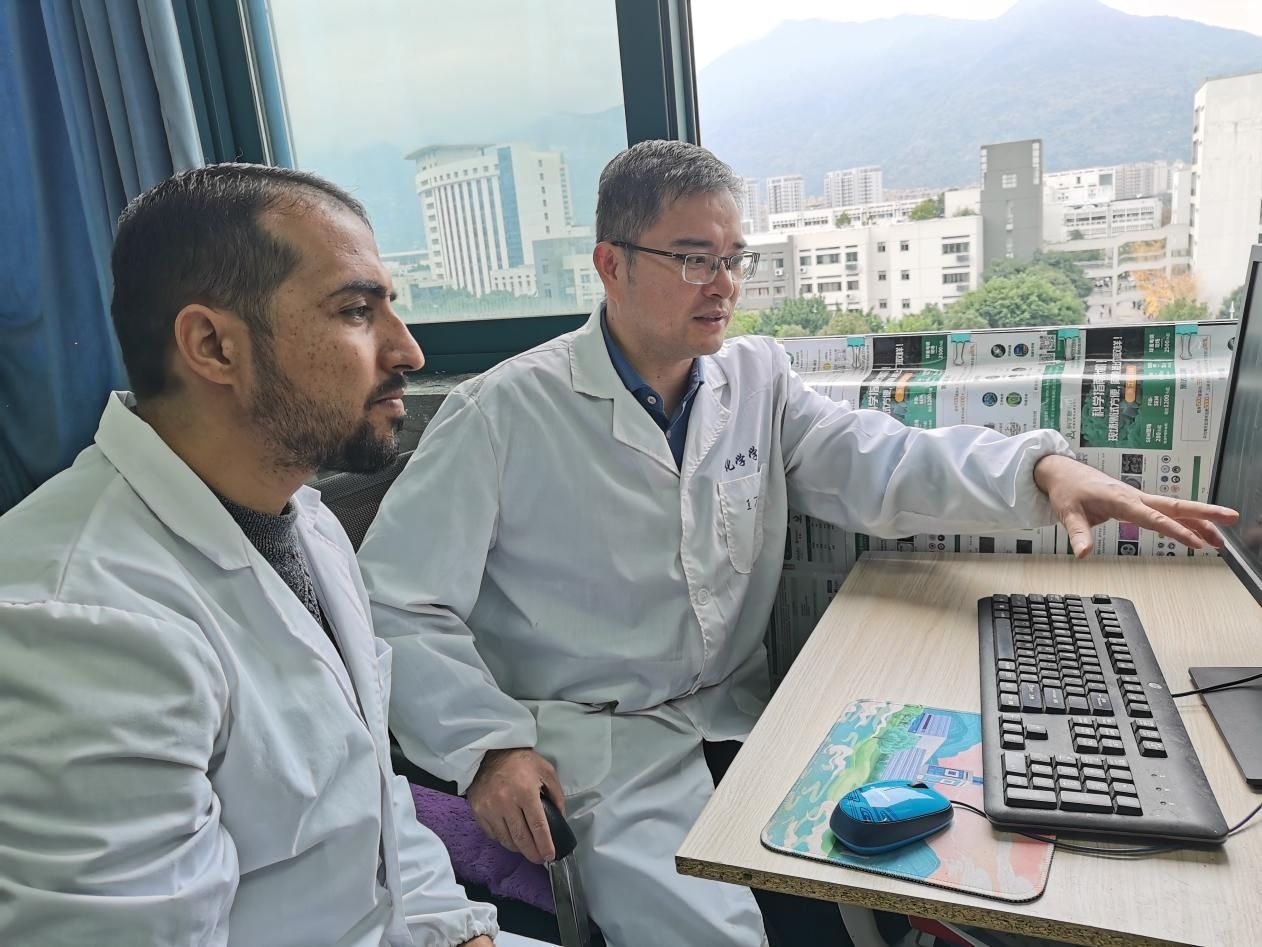Mar 24, 2025
Profile
The scientific research strength of chemistry discipline is strong. The basic research advantages are remarkable in the direction of nano-carbon and carbon energy chemistry. And the application research characteristics are distinctive in the aspect of degradable materials and high-end ink, functional polymers and photoelectric materials and devices. In recent five years, the discipline team published more than 1,000 high-quality papers on Nature Sustainability, Nature Catalysis, Nature Communications, Science Advances, Journal of the American Chemical Society and Angewandte Chemie International Edition, among which more than 50 papers are highly cited and hot and a single paper has been cited for more than 2,000 times.
Job Prospect
1. Academic Employment
PhD graduates in Chemistry have a wide range of employment opportunities in academic institutions such as universities, research institutions, and laboratories. They can become independent researchers or professors, engaged in basic research, applied research, and teaching work. Working in the academic community, PhD graduates in chemistry can continue to delve deeper into their fields of interest and cultivate the next generation of scientists.
2. Employment in The Industrial Sector
PhD graduates in chemistry also have a wide range of employment opportunities in the industry. They can engage in research and development, production, and management work in industries such as pharmaceuticals, chemicals, energy, and materials. PhD graduates in chemistry from pharmaceutical companies can participate in new drug development and drug quality control work; In the chemical industry, they can engage in new product development and process optimization work.
Core Courses
Course Name:Frontier of Modern Chemistry
Course Description :
This course is a comprehensive knowledge of professional which is about Chemistry. The latest research progress of chemical disciplines at all levels are introduced in the form of lectures, including electrochemical and electroanalytical chemistry, catalysis technology, the greenization of the production of fine chemicals, functional complexes, the synthesis and activity of pharmaceutical intermediates, nano science and technology and so on. The creation of this course is designed to expand students' knowledge, to make them understand the dynamics of today's cutting-edge of chemistry and the development of technology, to stimulate students' interests in learning, to cultivate students’ ability of innovative thinking, and to lay the foundation for future scientific research in chemical and chemical production.
Course Name:Modern Analytical Techniques
Course Description :
Modern Analytical Techniques is a required course for chemistry majors, and it is an important part of analytical chemistry. "Modern Analytical Techniques" mainly describes the analytical methods, principles, testing techniques and spectrum analysis techniques of some specific substances, such as High Performance Liquid Chromatography (HPLC), Diffraction of X-rays (XRD), X-ray photoelectron spectroscopy (XPS), Scanning Electron Microscope (SEM), Transmission Electron Microscope (TEM), Fluorescence Spectrum (FS), Nuclear Magnetic Resonance Spectrum (NMR) and Mass Spectrum (MS).
